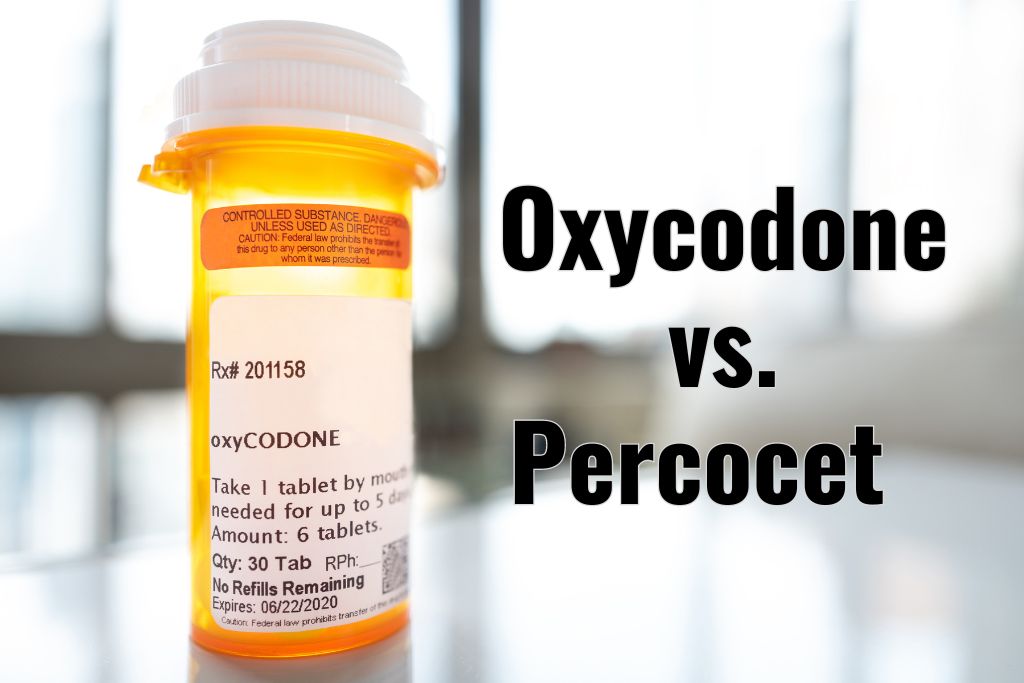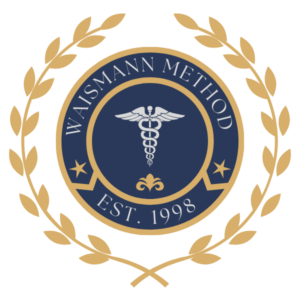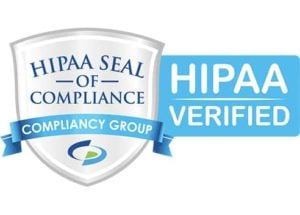Morphine abuse can develop into a very dangerous and potentially life-threatening addiction. Morphine is a potent opioid medication used to treat moderate to severe chronic pain. It has a high potential for abuse and addiction which can devastate lives and lead to serious health complications. Most patients in the Waismann Method program of rapid detox have become addicted through no fault of their own. After being prescribed morphine for a legitimate condition, tolerance builds and the prescribed dose is no longer effective in treating the pain. This may cause them to escalate their dose. For some, use of morphine is purely recreational. Either way, the potential for addiction, overdose and other serious medical problems exists. Repeated or chronic, prolonged use of morphine can lead to physical and psychological dependence, even when used within the parameters of a doctor’s prescription.
Signs of Morphine Abuse
Taking the drug to get high or to experience the euphoric effects associated with morphine can constitute abuse. Altering the dose in any way can also be considered abusive. This includes taking more than recommended or for longer periods than recommended, or breaking, chewing or crushing the pill to increase potency. If you are taking morphine regularly, despite potentially harmful or damaging consequences, you are abusing the drug. Falsifying prescriptions or “doctor shopping” is indicative of abusive behavior. Morphine can also be abused by taking it along with other substances that will increase its potency and effects. This also increases the risk of a fatal overdose, characterized by slowed breathing and heart rate, cold and clammy skin, weak muscles, stupor or coma. If you feel your use of morphine has escalated and you are preoccupied with obtaining and consuming the drug, you may want to seek treatment from a qualified detox center.
Waismann Method® Offers an Opiate Free Answer to Morphine Abuse
The Waismann Method offers safe and successful rapid detox from opiates including morphine, OxyContin, Fentanyl, Darvocet and Percocet. One of the top benefits that distinguishes the Waismann Method from other programs is that we don’t use opiate replacements such as methadone or Suboxone to treat opiate addiction. We know you have suffered enough already, and replacing one addiction with another isn’t the answer. Performed in an accredited hospital, patients are first given a battery of tests to gauge internal organ and gastrointestinal damage from the morphine abuse itself. The actual procedure takes less than two hours and uses medicine to cleanse the morphine from patients’ opiate receptors. This happens while patients sleep under light sedation, and is administered by board-certified anesthesiologists. The withdrawal phase is accelerated and occurs while the patient is sedated in their private room of an ICU Unit of an accredited hospital. Thus, they awake opiate-free without awareness of withdrawal symptoms that occurred.
Our Rapid Detox center focuses on each patient’s unique medical needs while offering the best medical care in a discreet and caring environment. Instead of patients adapting the only treatment offered, we modify each detoxification to maximize treatment safety and effectiveness. Differences in medical histories, along with social and psychological issues can dictate different approaches.
We believe our patients deserve the best medical treatment, after weathering the lows of morphine abuse and we are here to provide just that.
Call today at 1-800-423-2482 and ask about our treatment options.













